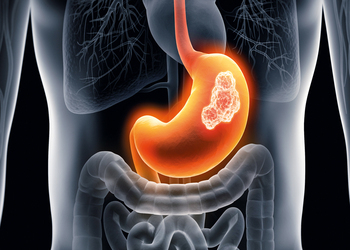GIT (Gastric) Disorders
- Home
- GIT (Gastric) Disorders

Gastrointestinal (GI) disorders are diseases that affect the digestive tract, from the mouth to the anus. They can range from mild discomfort to severe illness.
GERD, diarrhea and colorectal cancer are examples of gastrointestinal diseases. When examined, some diseases show nothing wrong with the GI tract, but there are still symptoms.
Types of GI disorders
Functional
The GI tract looks normal, but doesn't move properly. Examples include constipation, diarrhea, gas, bloating, and irritable bowel syndrome (IBS).
Structural
The GI tract has an abnormal appearance and motility. Examples include gastric ulcer, gastroparesis, and inflammatory bowel disease (IBD).
Symptoms of GI disorders
abdominal pain, heartburn, nausea, vomiting, bloating, diarrhea, constipation, and gastrointestinal bleeding.
Common GI disorders
Food poisoning : Caused by eating or drinking contaminated food or water
Lactose intolerance : An intolerance to lactose, a sugar found in milk
Gallstones : Hardened deposits of digestive fluid that form in the gallbladder
Gastroesophageal reflux disease (GERD) : A chronic condition where stomach acid flows back into the esophagus
